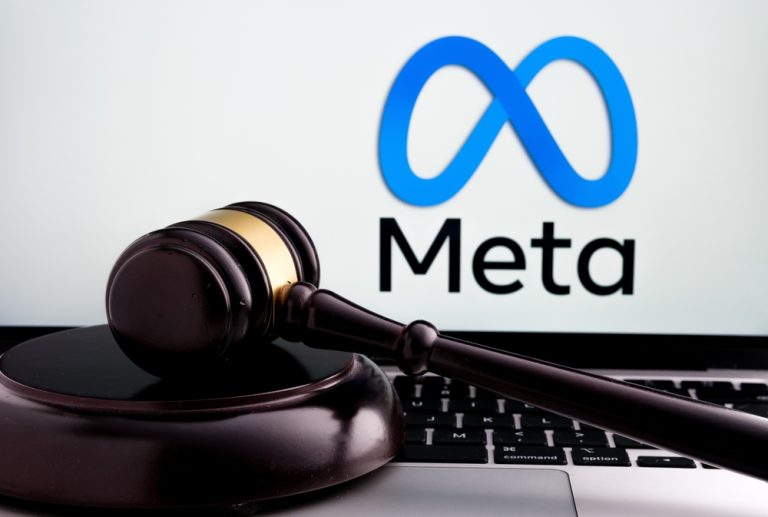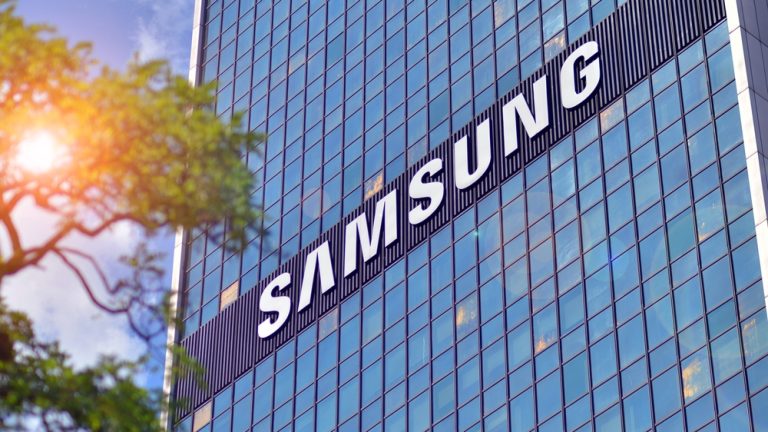In the ongoing saga of Donald Trump’s hush money trial, Judge Juan Merchan signaled a potential increase in punitive measures against the former U.S. president for his possible violation of a gag order. This development adds another layer of complexity to the first criminal trial of a former U.S. president, involving allegations that could have profound legal and political implications.
Gag Order Controversy
The Gag Order at the Heart of the Dispute
During a recent court session, Trump’s defense argued against claims of violating a gag order, which restricts discussion about the trial’s jurors and witnesses. Trump’s attorney, Todd Blanche, contended that the former president did not breach the order, a position Judge Merchan did not accept. The tension in the courtroom rose as prosecutors requested a $4,000 fine against Trump for four alleged violations, highlighting his comments about the jury’s demographic and his attacks on critical witnesses like Michael Cohen and David Pecker.
The Potential Consequences
Escalating Penalties and Judicial Warnings
Amidst the legal arguments, the possibility of harsher penalties looms, with Judge Merchan hinting at a possible jail sentence should Trump continue to ignore the gag order. This follows a recent $9,000 fine imposed for similar infractions. The prosecution has not yet sought imprisonment, emphasizing the trial’s aim to prevent any influence or intimidation by Trump, who retains significant global visibility.
Political Undercurrents
Claims of Political Manipulation and Judicial Bias
The trial is set against the backdrop of Trump’s campaign to reclaim the presidency, during which he has openly criticized the proceedings as politically motivated. His allegations against Judge Merchan, claiming a conflict of interest due to the judge’s family connections to Democratic politicians, add a layer of controversy and personal attack that could influence public perception of the trial’s integrity.
As the trial progresses, the legal strategies and judicial decisions will keep the public and media focused on balancing legal procedures and political implications. The court’s challenges in maintaining a fair and impartial process are exacerbated by the defendant’s high profile and the unprecedented nature of the case. How this case is resolved could set significant precedents for how former presidents will be treated under U.S. law.






















